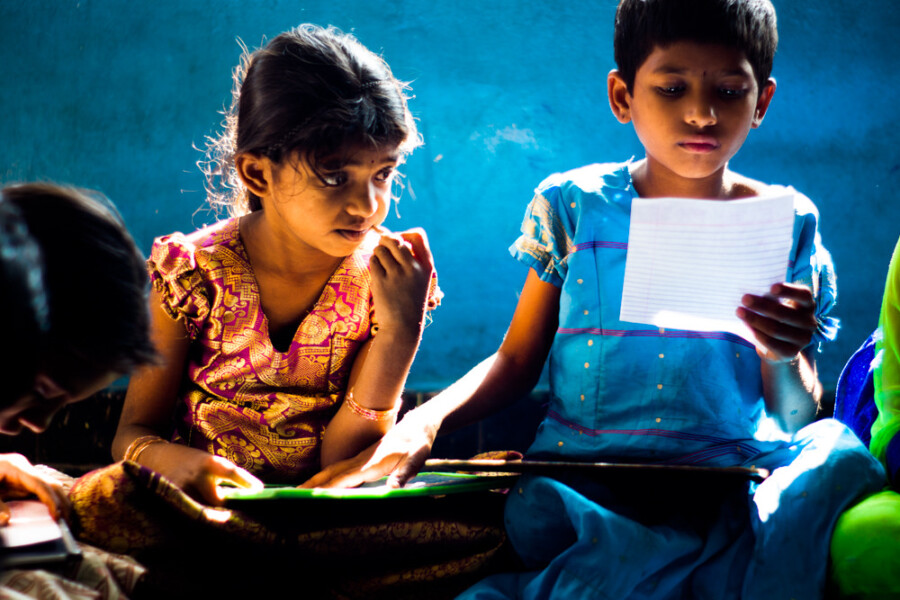India Amends the Right to Education Act to Include Learning Outcomes

On February 20, India’s Ministry of Human Resource Development announced that it has amended the rules of the 2009 Right to Education Act (which guarantees free and compulsory education for children between the ages of 6 and 14) so that all state governments are required to define expected levels of learning for students in grades one to five.
With the exception of Jammu and Kashmir, all states will have to prepare “class-wise, subject-wise learning outcomes for all elementary classes” and create “guidelines for putting into practice continuous and comprehensive evaluation, to achieve the defined learning outcomes.”
Pratham CEO Dr. Rukmini Banerji called the amendment “truly a historic step,” and made reference to the Pratham-facilitated Annual Status of Education Report, which measures school enrollment and children’s learning levels across India, as a motivating factor: “we at Pratham are very proud to have contributed in our own way to this change in policy.”
The annual report provides invaluable data on multiple aspects of schooling and learning, which helps government officials develop education policies and determine budgetary allays. ASER has brought to light the fact that while India has achieved near universal access to education, many children are unable to read and write, and advocated for a shift in policy toward universal learning.
Local governments will be expected to draft their learning outcomes work plans within one month based on a document prepared by the National Council for Education Research and Training.
Read more over at The Indian Express.
